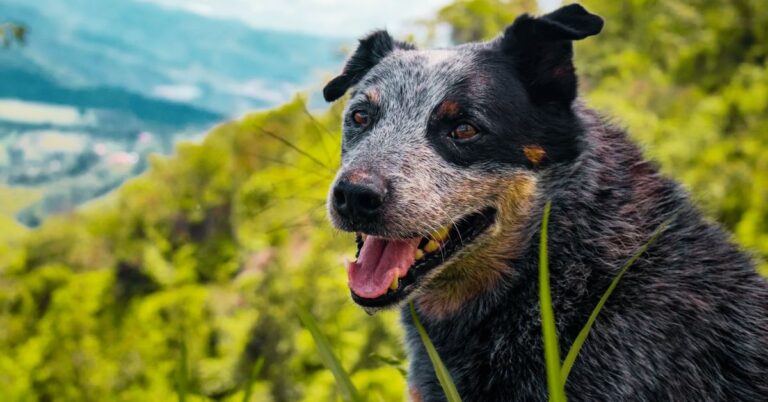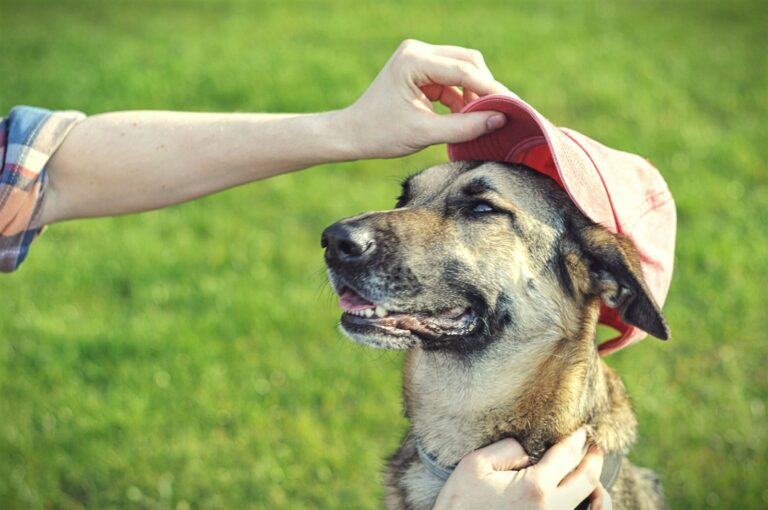15 Concerning Reasons Your Aged Dog Is Refusing Food

It can be difficult to see your previously enthusiastic eater refusing meals day after day. You’re concerned, and it’s challenging to figure out what’s wrong. However, there are several reasons why older dogs might lose their appetite, some of which could be quite serious. Let’s look at 15 possible reasons that could be causing your pet to lose interest in food!
Dental Problems

Pain from gum disease, broken teeth, or oral infections can make eating feel like torture for an older dog. If your pup has bad breath or is drooling more than usual, dental issues might be the cause. A thorough dental checkup can identify the problem and help bring back their appetite.
Changes In Smell

For dogs to enjoy food, their sense of smell is very important. And, as they get older, this sense can fade, which makes the meals seem less appetizing. Imagine eating when you can’t taste much, that’s probably what they’re experiencing. Switching to stronger-smelling foods could help.
Stress And Anxiety

Just like humans, they can lose their appetite when stressed or anxious. Maybe there’s been a change in their routine or environment. Is there a new pet or less attention lately? Addressing the root cause early on can bring back their enthusiasm for meals.
Digestive Issues

Many times, older dogs have trouble digesting. Conditions like constipation or nausea could make one less hungry. Along with their unwillingness to eat, look for symptoms such as vomiting or diarrhea. Switching to a diet milder on the stomach could relieve their discomfort.
Arthritis Pain

Imagine trying to enjoy a meal when every move is painful. Dogs with arthritis may find it hard to stand at their food bowl or bend down to eat. The addition of joint supplements or the facilitation of their food’s accessibility can help alleviate the discomfort.
Medication Side Effects

Is your dog on any new medications? Sometimes, prescriptions come with appetite loss as a side effect. Check with your vet if you notice a change after starting a new treatment. Adjusting the dosage or switching meds could make a difference.
Kidney Disease

Kidney issues are way more common in older dogs and can lead to a reduced appetite. Along with this, you might also notice increased thirst or urination. An appointment with the vet for blood work could help diagnose and manage this condition.
Heart Disease
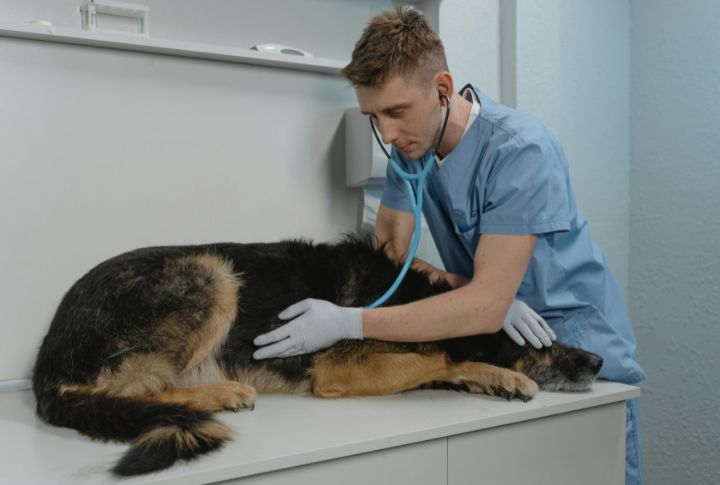
Heart problems can make eating feel like a chore for your senior dog. It could be a sign of heart conditions if your dog pants a lot or seems tired even after short walks. It’s common for them to lose their appetite when something more serious is going on.
Dementia

Cognitive decline, or dementia, affects older dogs in ways we often don’t expect, like confusion about routines like eating. If your dog seems disoriented or forgetful, maintaining a consistent feeding schedule in a quiet area can help them remember and enjoy their meals again.
Cancer

Unfortunately, cancer is a concern as dogs age, and one of the signs is a sudden loss of appetite. Lumps, weight loss, or difficulty eating can be red flags, too. Detecting these symptoms early can make a big difference, so don’t hesitate to consult your vet.
Liver Disease
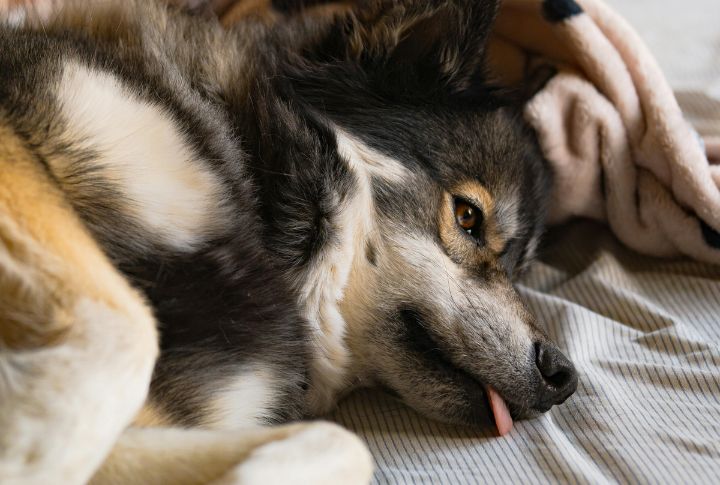
Liver problems can cause nausea, making food less appealing. Yellowing eyes, gums, or skin are signs that something might be wrong with your dog’s liver. Dietary changes, like feeding low-fat meals, can help manage the condition and encourage your dog to eat.
Low Thyroid Levels

Hypothyroidism slows down a dog’s metabolism, leading to weight gain and reduced interest in food. If your dog seems sluggish, has thinning fur, or is gaining weight despite eating less, a thyroid test could confirm the issue. Treatment is simple and can quickly restore their appetite.
Pancreatitis
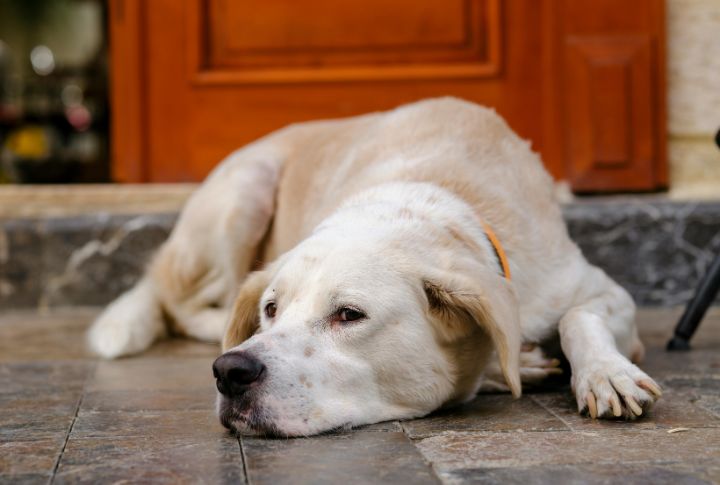
This painful condition inflames the pancreas and can make your dog refuse food. It often comes on after eating fatty foods, leading to vomiting and lethargy. When it comes to managing this condition and helping them to eat again, a low-fat diet is very helpful.
Respiratory Issues
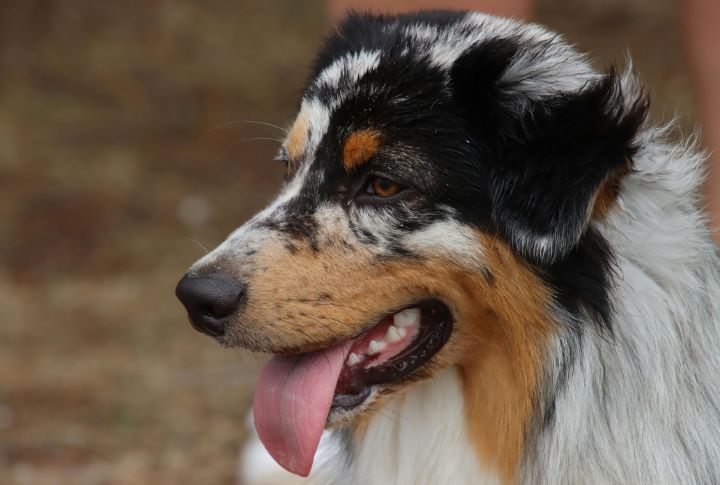
Conditions like a collapsed trachea or respiratory infections make it hard for dogs to breathe comfortably, and when they’re struggling to breathe, eating becomes secondary. If your dog’s breathing sounds labored, treating the respiratory issue could help restore their appetite.
Aging In General
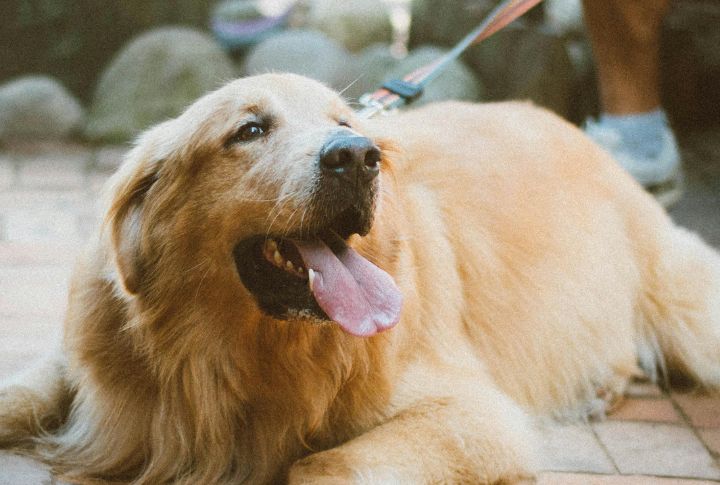
Sometimes, it’s just age catching up with them. Older dogs may simply lose interest in food as their energy and activity levels decrease. Offering smaller, more frequent meals and opting for tastier, easy-to-digest options can help keep your senior dog eating well into their golden years.


